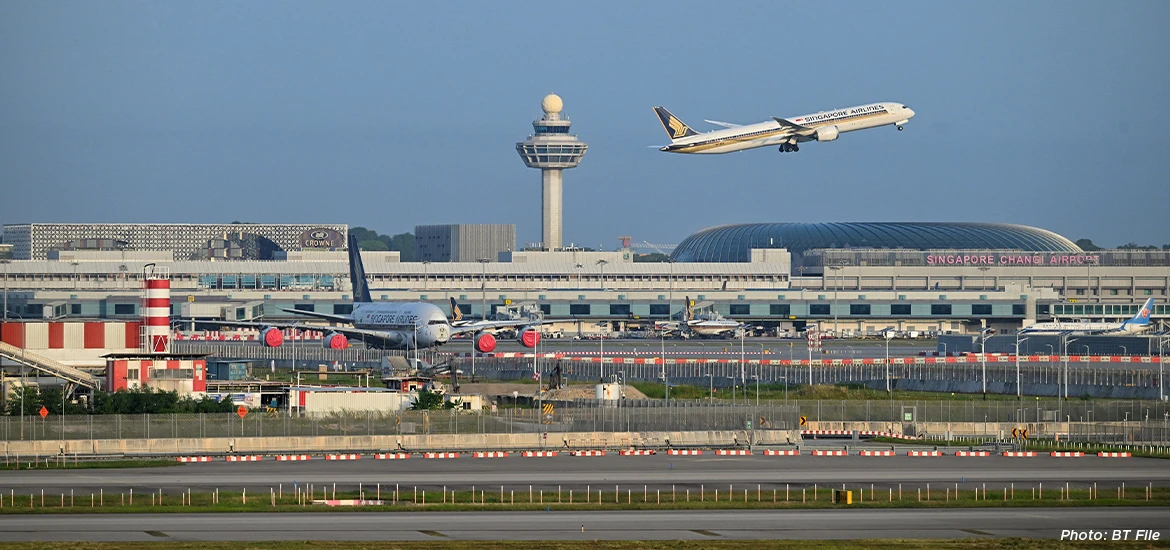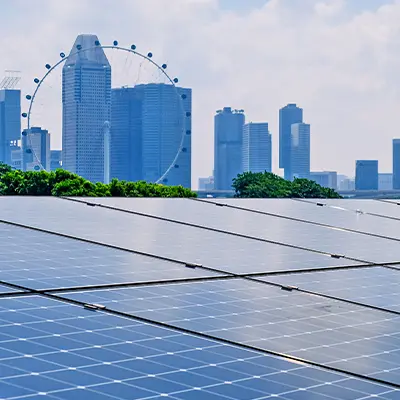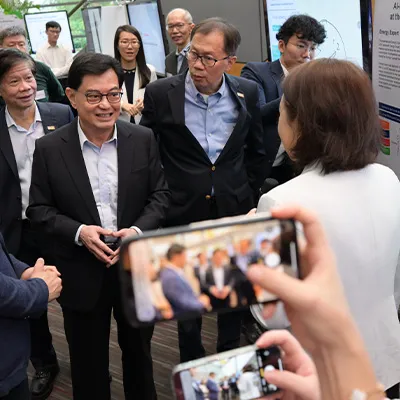The Civil Aviation Authority of Singapore (CAAS) has set up the Asia-Pacific Sustainable Aviation Centre (APSAC) to advance sustainable aviation in the region through policy research, facilitating collaboration and capacity-building.
Its board will be chaired by CAAS director-general Han Kok Juan, while its founding CEO will be Philip Goh, airline industry veteran and former regional vice-president for APAC at the International Air Transport Association (IATA), said CAAS on Thursday (10 July).
Han noted that APAC’s air travel demand is expected to treble over the next 20 years, “enabling tremendous economic development and supporting the aspirations of a rising middle class”.
At the same time, APAC states are committed to tackling climate change, which will support aviation’s global net-zero emission goals.
“APAC states want both growth and sustainability, not one at the expense of the other,” he noted.
APSAC thus aims to provide “a menu of policy options and instruments” for countries to achieve sustainability goals while accounting for their own circumstances.
The centre will advance sustainable aviation in three key ways.
Firstly, it will carry out policy research in areas such as cleaner fuels, carbon accounting, and carbon market development, as well as green financing. Another potential area is the economics of sustainable aviation fuel supply chains.
Secondly, it will facilitate collaboration across government, industry, and academia, for joint studies and projects.
Finally, it will support capacity-building by governments and companies, through offering technical assistance and training.







